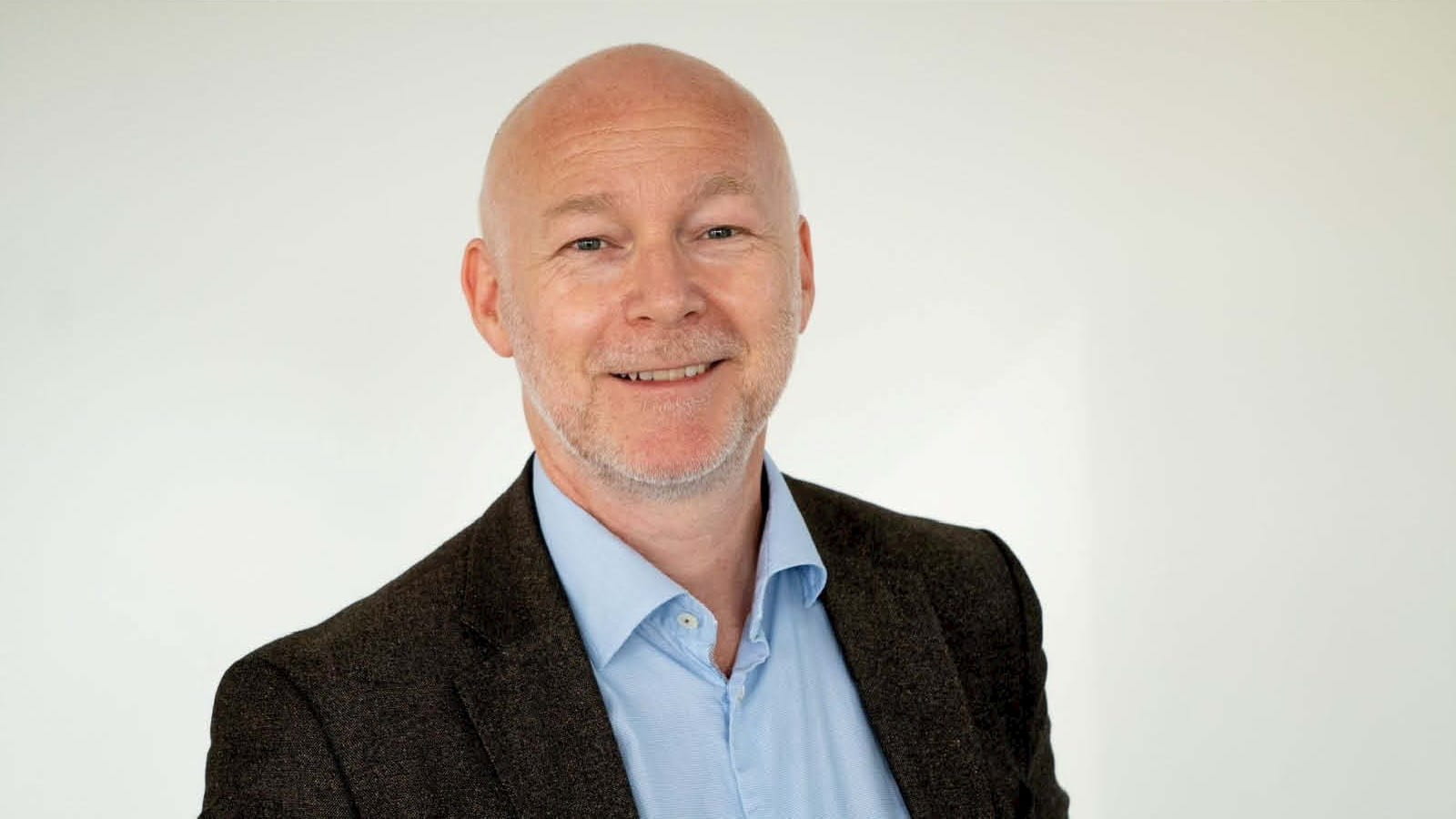
Realising the company needed a much wider set of KPIs to be a sustainable business, executives at Yara began determining those KPIs a few years ago in order to implement a company-wide integrated approach to sustainability.
“Looking at how we measure success we recognised that most of the megatrends we were observing that would have an impact on our business were linked to some socio-economic mega trends such as the digitisation; also, to a large extent environmental megatrends, such as water stress and climate change. We recognised that it was necessary to establish KPIs for Yara outside of the strictly financial ones,” says Bernhard Stormyr, VP, sustainability governance at Yara.
Now, after two years of integrated reporting, the company has a broader picture of what success looks like for Yara, its employees and suppliers. Through the senior management team’s strategy work, Yara identified several target areas, which are now collected in what the company calls the people, planet and prosperity goals. An example of one of the KPIs is that Yara has formalised a program for reducing the total recordable injuries with an attached KPI.
“Employee engagement is an important enabler to create value. So, we’ve set a target to be in the top quartile when benchmarked against other companies in the sector on a measurement of employee engagement,” Stormyr says.
Yara’s new strategy is enshrined in its integrated annual report showing how the company creates value and how it is performing against people, planet and prosperity targets. Yara’s approach to communicating how and why it has embedded sustainability into its corporate strategy has helped it to attract a more diverse set of investors too, the company says.
Its approach also earned the company the Communicating Integrated Thinking award in the ICAEW-backed Finance for the Future Awards.
“We were really extremely pleased about winning. Especially as this report was only the second integrated report we had released, and the first fully integrated report,” Stormyr says.
Silje Ingeberg Nygaard, Yara’s investor relations manager, adds: “From an employee perspective, I think this recognition offers a lot of pride to all our employees. This has been a big project for lots of us. It hasn’t been easy. So it’s rewarding to hear of our award.”
The new integrated strategy has also helped to attract different investors, says Nygaard, who oversaw Yara’s ESG seminar in December 2020. This has been proved by a much wider range of investors attending the company’s ESG-focused investor seminar, she says.
“All investors have increased their focus on sustainability. There are lots of companies that have good sustainability strategies, but they’re often separate from the core business. Our integrated strategy is forward-looking, not backward-looking reporting and shows we are responding to these big global challenges.
“Our existing long-term investors have appreciated it based on the feedback we’ve received. And we’ve seen that following our ESG seminar we are picked up by investors that have a pure ESG mandate,” Nygaard says.
She adds that the company’s transparency of their transition pathway is valued by investors because Yara’s quarterly reporting on the new KPIs does not always show positive results. “It’s not always a linear trend,” she says.
The company’s plan is to continue improving on and making sure the level of integration runs smoothly and remains firmly embedded in the organisation, but Stormyr acknowledges that changing mindsets doesn’t happen overnight.
“Cultural change does take time, but now we’re starting to get to a place where this is a commonsense new practice that is established,” Stormyr says.
Yara is also working on the level of detail needed to achieve its ambition to be climate neutral by 2050, building more clarity around the main milestones between its 2030 climate KPI and 2050, expanding how it plans to realise its ambition.
Find out more about Yara here.
Finance for the Future excellence
The Finance for the Future awards programme is a partnership between ICAEW, A4S and Deloitte. The awards recognise and showcase high-quality examples of financial leadership. They're also about inspiring others, boosting ambition and building community by sharing knowledge and creating momentum for real change.



